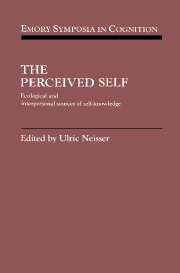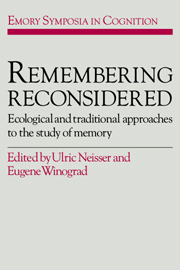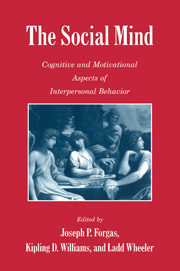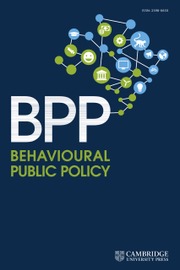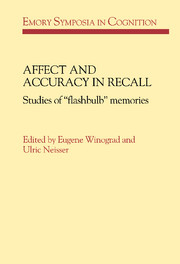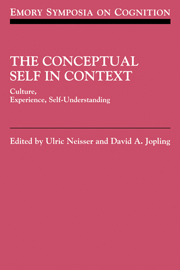The Perceived Self
This book brings new ideas to bear on the classical psychological problem of the self. A distinguished interdisciplinary group of contributors explore Neisser's hypothesis that each of us has an "ecological self" based on our immediate situation in the environment and an "interpersonal self" established through social interaction. These aspects of the self, which are based on accurate perception, appear early in infancy. They have implications for topics ranging from motor development to psychopathology to nonverbal communication, to social philosophy. The Perceived Self explores these notions with topics that range from the perceptual and social development of infants to autism and blindness; from mechanisms of motor control to dance and nonverbal communication; as well as from ecological theory to the work of social philosophers such as G.H. Mead and Martin Buber.
- Examines perception in a different light
- Combines the work of leading figures from a variety of disciplines
Product details
March 2011Adobe eBook Reader
9780511833212
0 pages
0kg
18 b/w illus.
This ISBN is for an eBook version which is distributed on our behalf by a third party.
Table of Contents
- Preface
- List of contributors
- Part I. Introduction:
- 1. The self perceived Ulric Neisser
- Part II. The Concept of an Ecological Self:
- 2. Ontogenesis of the perceived self Eleanor J. Gibson
- 3. Body-environment coupling David N. Lee
- 4. A theory of representation-driven actions Marc Jeannerod
- 5. The ecological self in historical context Franklin C. Shontz
- 6. Good intentions and dancing moments: Agency, freedom and self-knowledge in dance Sondra Horton Fraleigh
- 7. The primacy of the ecological self Marjorie Grene
- Part III. The Interpersonal Self and Its Implications:
- 8. The self born in intersubjectivity: the psychology of an infant communicating Colwyn Trevarthen
- 9. On the interpersonal origins of self-concept Michael Tomasello
- 10. Infant's knowledge of self, other, and relationship Sandra Pipp
- 11. The role of feelings for an interpersonal self Daniel N. Stern
- 12. Spontaneous communication and foundation of the interpersonal self Ross Buck
- 13. Autism, affordances and the self Katherine A. Loveland
- 14. Through feeling and sight to self and symbol R. Peter Hobson
- 15. G. H. Mead and Martin Buber on the interpersonal self James M. Gustafson
- 16. Cognitive science, other minds, and the philosophy of dialogue and the egocentric predicament David Jopling
- Author index
- Subject index.

